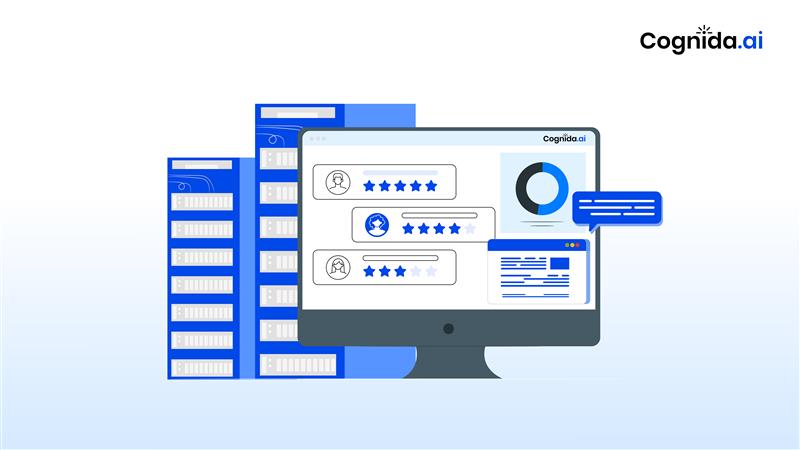Today, clean data is essential for enterprises due to its far-reaching impact on various business aspects – operations, decision-making, and competitive advantage. Here we mention key reasons why your business needs clean data.
- Accurate Decisions: You need up-to-date information to make accurate business decisions. Inaccurate or obsolete data results in poor decision-making. You run the risk of financial losses and may also miss opportunities.
- Operational Efficiency: Clean data reduces inefficiencies and errors to streamline business processes. Quick access to the right information makes employees work effectively and increases their productivity levels.
- Customer Insights: Clean data allows enterprises to gain deeper understanding of customer behavior and preferences. Access to accurate insights about the buyer journey aids faster query resolution. With clean data, businesses can tailor products, services, and marketing strategies to enhance the overall customer experience.
- Competitive Edge: With high-quality data, businesses can respond effectively to dynamic market needs, adapt to customer demands, and gain competitive advantage.
- Product Innovation: Enterprises can identify trends and new business opportunities quickly. These insights help innovate and develop new products/services aligning with the evolving customer demands.
Clean data supports modern businesses to make informed decisions, mitigate risks, stay compliant with industry norms, enhance efficiency, drive innovation and contributes to the overall success and sustainability of the business.
AI’s Role In Cleaning and Maintaining Data Quality
- Data Validation: AI algorithms perform quality checks to identify missing values, data outliers, and inconsistent formats. It flags data that doesn’t conform to industry best practices.
- Reduce Redundancy: AI algorithms remove duplicate records in a dataset and ensure each data set is unique.
- Text/Language Processing: NLP makes unstructured text data useful through removal of stop words, stemming, and entity recognition.
- Data Profiling: AI automatically generates information about the data quality, helping data analysts understand the state of the data.
- Data Governance: AI enforces data quality processes to identify and address quality issues instantly or on a scheduled basis.
AI not only improves data quality but also saves time and resources. Businesses can maintain cleaner and reliable datasets, which improves decision-making, enhances operational efficiency, and delivers exceptional customer experiences.
Want to make better decisions with AI-powered clean data? Book a meeting with our team at CDAO Fall 2023, 04th and 05th October 2023, in Boston.
